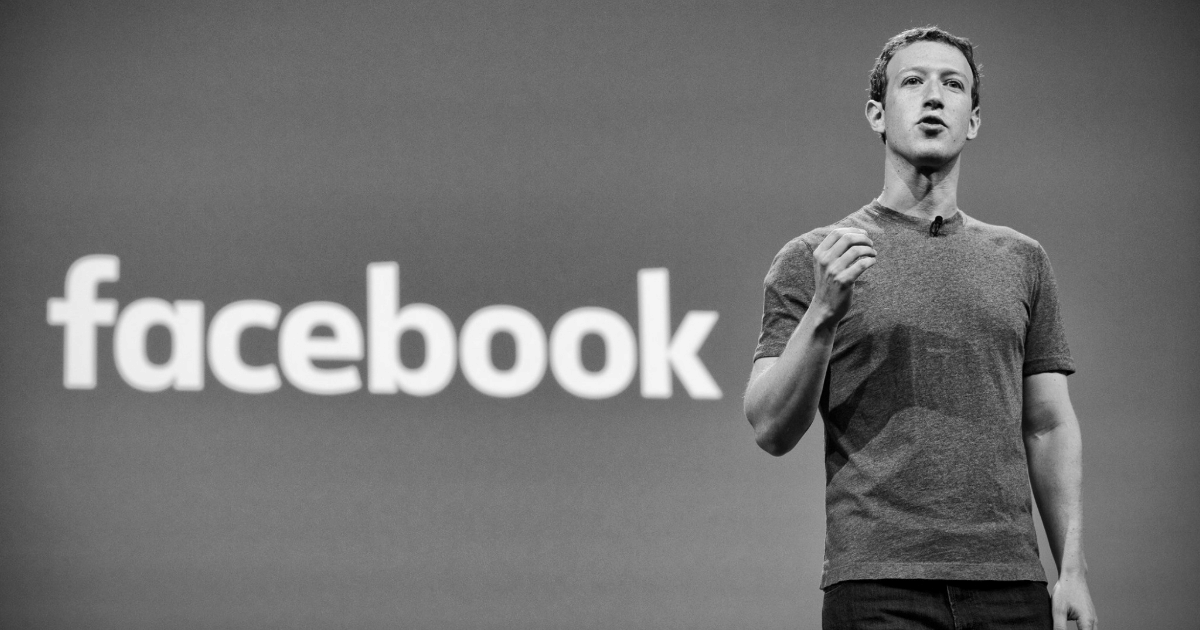 |
|
The recent controversy surrounding a statement made by Meta CEO Mark Zuckerberg regarding Indian elections has ignited a significant political firestorm. Zuckerberg's assertion that incumbent governments, including India's, were consistently voted out of power post-COVID has been met with widespread condemnation and accusations of misinformation. This seemingly innocuous statement carries profound implications, touching upon India's national pride, its democratic processes, and the growing tension between tech giants and sovereign nations. The incident highlights the increasing power and influence of social media platforms in shaping global narratives and the urgent need for accountability in the dissemination of information.
The response from the Indian government has been swift and decisive. BJP MP Nishikant Dubey, chairperson of the Parliamentary Committee on Communications and Information Technology, has announced the committee's intention to summon Meta officials to address the inaccuracies in Zuckerberg's statement. This summoning signifies a serious intent to hold Meta accountable for the spread of misinformation concerning a crucial aspect of Indian governance. The move is not merely a reaction to a perceived slight; it reflects a broader concern about the potential for social media platforms to manipulate public perception and influence electoral outcomes. Dubey's strong words, calling for an apology to the Indian Parliament and people, underscore the gravity of the situation and the government's determination to protect its image and democratic integrity.
Union Minister Ashwini Vaishnaw's rebuttal of Zuckerberg's claims provides a compelling counter-narrative. By highlighting India's significant achievements in areas such as COVID-19 vaccine distribution, free food provision to a vast segment of the population, and its status as a rapidly growing major economy, Vaishnaw directly challenges the underlying premise of Zuckerberg's statement. This counter-narrative strategically frames the Indian government's actions during the pandemic as successful, highlighting effective governance and popular support. The contrast between Zuckerberg's assertion and the government's presentation of facts underscores the importance of verifying information from multiple sources and underscores the potential for misinterpretations or misrepresentations of complex political realities.
This controversy transcends the specific statement made by Zuckerberg; it represents a larger struggle for control over the narrative surrounding global events. The power of social media platforms to shape public opinion is undeniable, and incidents like this highlight the need for greater transparency and accountability from these tech giants. The Indian government's strong response serves as a warning to other social media companies, indicating that governments will actively challenge and push back against misinformation and biased portrayals that threaten their sovereignty and national standing. The outcome of this confrontation will likely have far-reaching implications for the relationship between governments and social media platforms globally.
The ongoing debate raises fundamental questions about the role and responsibility of social media companies in disseminating information. Should these platforms be held accountable for the accuracy of the information shared on their platforms? What mechanisms can be implemented to ensure accurate and unbiased reporting of global events? The answers to these questions will require careful consideration of the complex interplay between freedom of speech, responsible journalism, and the potential for malicious manipulation of information. The Indian government's response suggests a move toward stricter regulation of social media companies to prevent future instances of misinformation and to protect the integrity of the democratic process.
Ultimately, this controversy is a symptom of a larger trend: the increasing influence of tech giants in shaping global perceptions and narratives. As these companies grow in power and reach, the need for robust regulatory frameworks and greater transparency becomes ever more critical. The Indian government's firm stance in demanding an apology and accountability from Meta sets a precedent that could encourage other countries to challenge misinformation and biased reporting on social media platforms. This case serves as a crucial reminder of the power dynamics at play between nations and tech giants, and the urgent need to establish clear guidelines for responsible information dissemination in the digital age.
